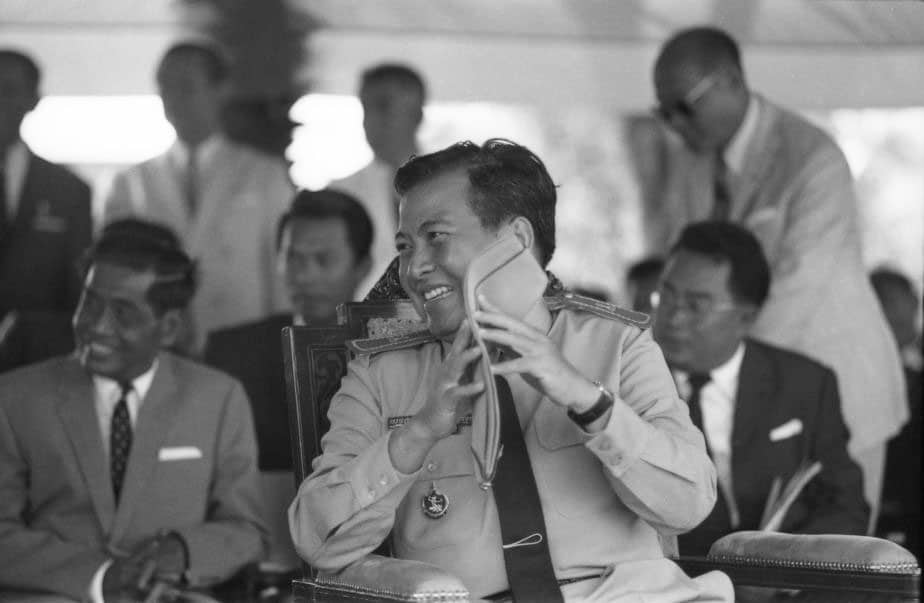According to historian Walter LaFeber, U.S. President Dwight D. Eisenhower (in office 1953-1961) believed that “the overriding threat to world stability was communism, not starvation, inequality, or other wants that led the have-nots to rebel against the haves.” To thwart this global threat, Eisenhower established a post-World War II strategic presence for the United States in Asia, whereby a cost-effective yet enduring U.S. regional framework was bolstered by trained and armed allies to serve as a deterrent to the People’s Republic of China. Known as the Mutual Security Program, it provided a key complementary piece to Eisenhower’s “New Look” nuclear deterrence strategy.
The role of intelligence – seen as a low-cost, reduced-risk alternative to the potential introduction of U.S. armed forces – was also of paramount importance to Eisenhower. The Central Intelligence Agency (CIA) saw several “successes” during Eisenhower’s two terms in office, notably in Iran and Guatemala, where the democratically elected left-leaning prime minister and president, respectively, were overthrown in U.S.-supported coups d’état.
In full: https://thediplomat.com/2024/03/when-the-us-tried-to-orchestrate-a-coup-in-cambodia/




